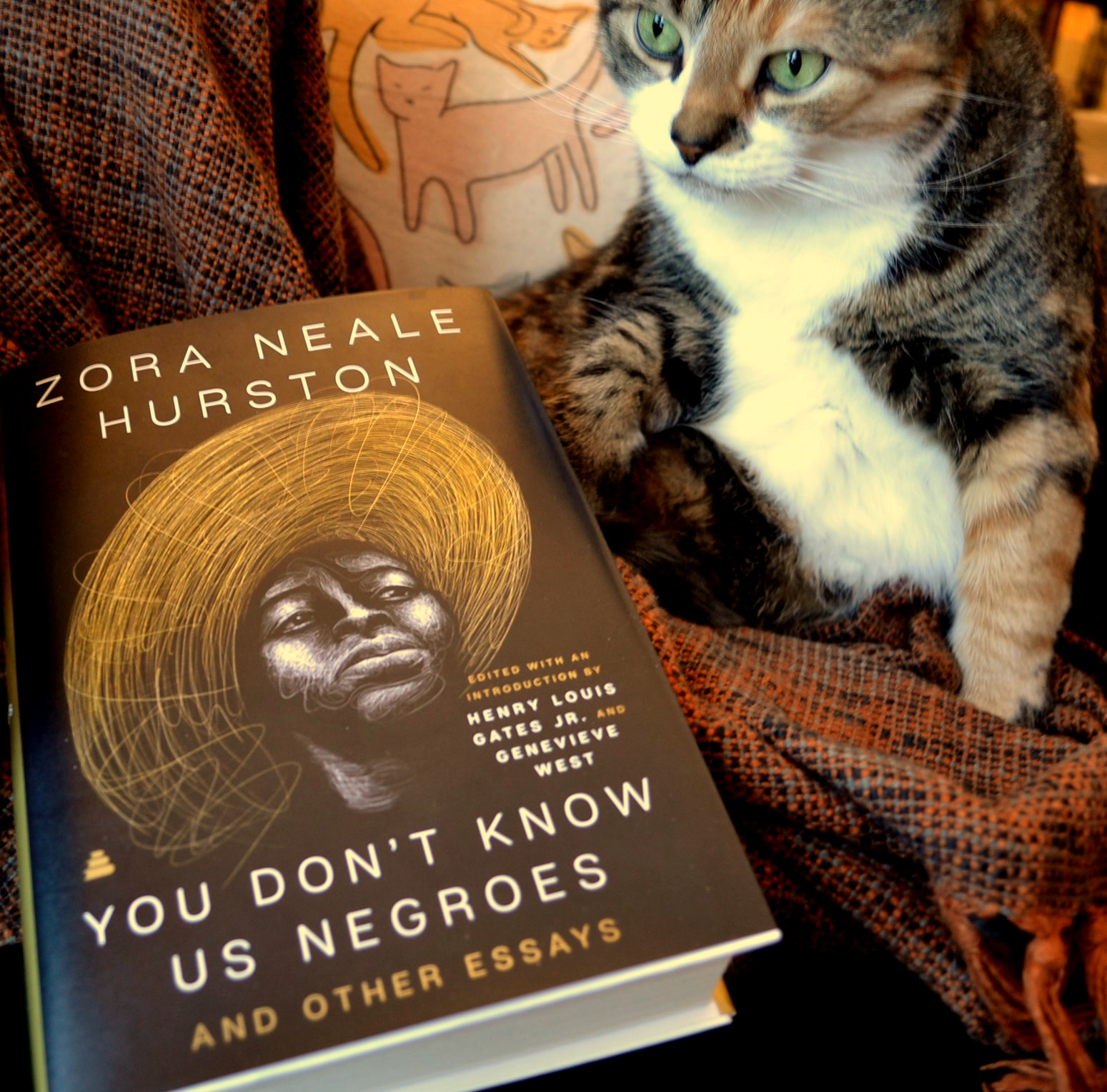Some Weeks I Like to Drown Myself in Art
The state of the world was particularly depressing this week — enough so that even my lovely spouse’s normally completely optimistic worldview is beginning to suffer. Therefore we limited our intake of the news cycle and spent the last few days trying to soothe ourselves with what always makes us feel a little bit better: art. We read a lot of books. (I’m currently reading Midnight in the Garden of Good and Evil, Gravel Heart, Something I’ve Been Meaning to Tell You, and the Library of America’s Collected Works of Joan Didion. My lovely spouse recently finished Sourdough Culture.) We watched a lot of film (including Mississippi Burning, Hoosiers, Scarecrow, and Stormy Weather — all on TCM). We took a trip to the bookstore, we talked about books, and we dusted off the old cartoons that always make us laugh (Harvey Birdman, and The Looney Tunes Golden Collection).
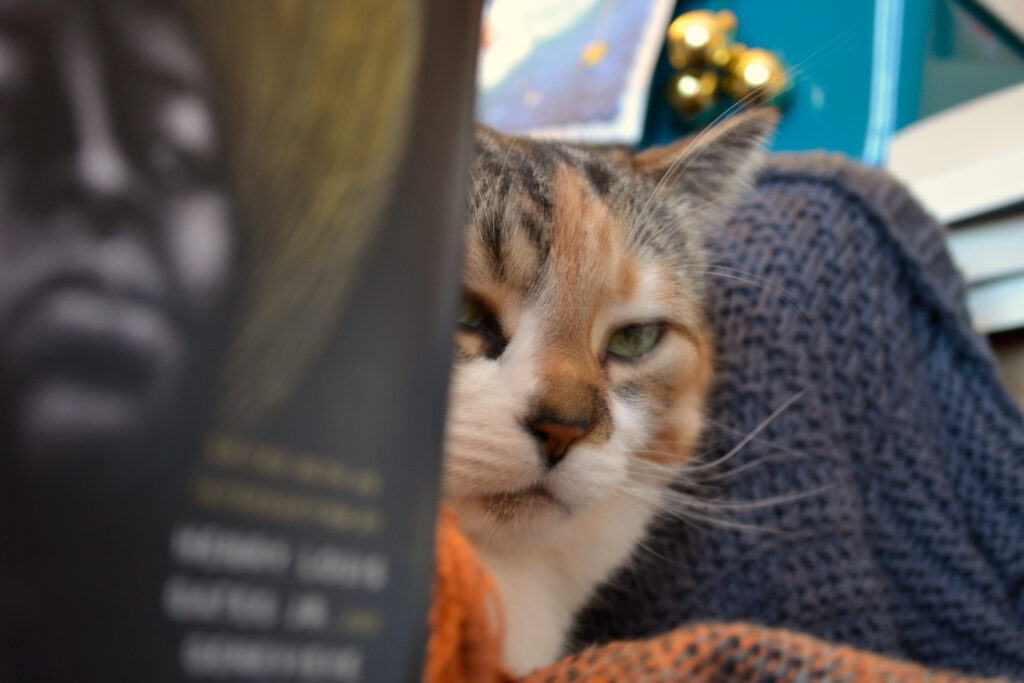
There was a lot of time spent on the couch, and talking. It doesn’t do anything to improve the state of the world, but it gives us the resilience to face it.
If you would like to do something to help, the Red Cross is currently accepting donations to help those in the Ukraine.
A Non-Fiction Collection
You Don’t Know Us Negroes and Other Essays is a collection of Zora Neale Hurston’s nonfiction work. Published just this year, there’s a lot to like about this book including how comprehensive it is. Hurston has written on so many subjects and has a very distinct voice that roars to be heard. Her tone is so unique and colloquial that it’s easy to keep turning pages.
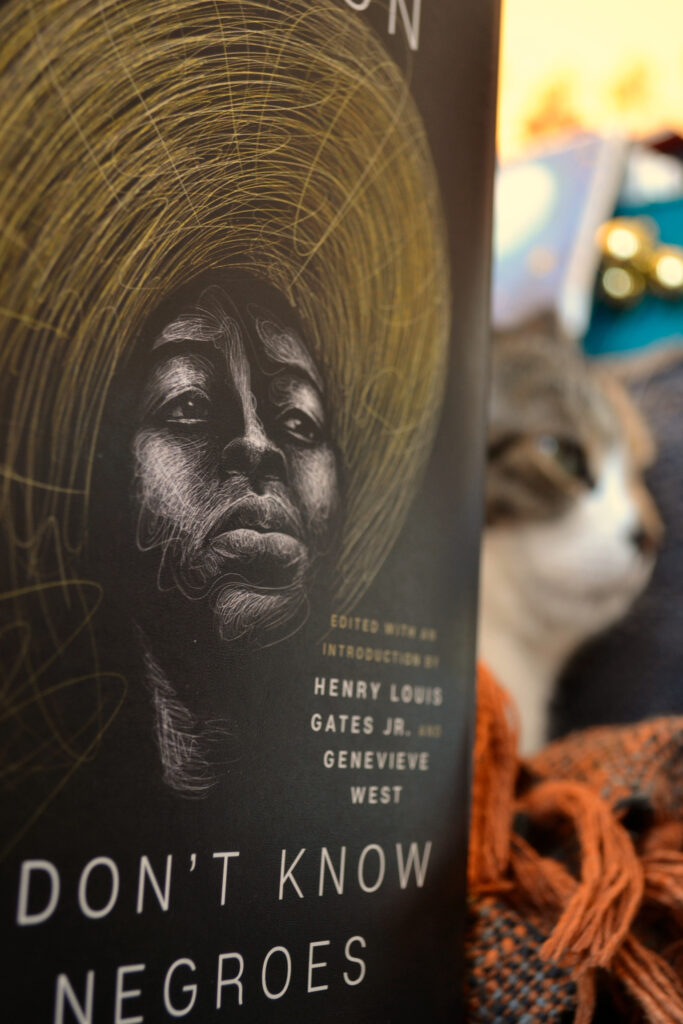
What I will criticize about this collection is the lack of context provided on each story. There’s a chronology in the back matter as well as endnotes, but I think the book would have been better served if there was a short paragraph explaining context and providing a date for each piece at the front of each work. Hurston’s politics and opinions often shifted and evolved and, as such, it can be confusing to see contradictions between essays placed next to each other in the collection.
The collection is organized into rough categories that the essays are placed in, but sometimes this categorization doesn’t seem to work. Specifically, the section noted as being ‘On Race and Gender’ contains an essay on Howard University (‘The Hue and Cry About Howard University’) and another on Marcus Garvey (‘The Emperor Effaces Himself’) that have little to nothing to do with gender at all. It may have been better to rely on chronological organization and not bother to try to define the essays by theme.
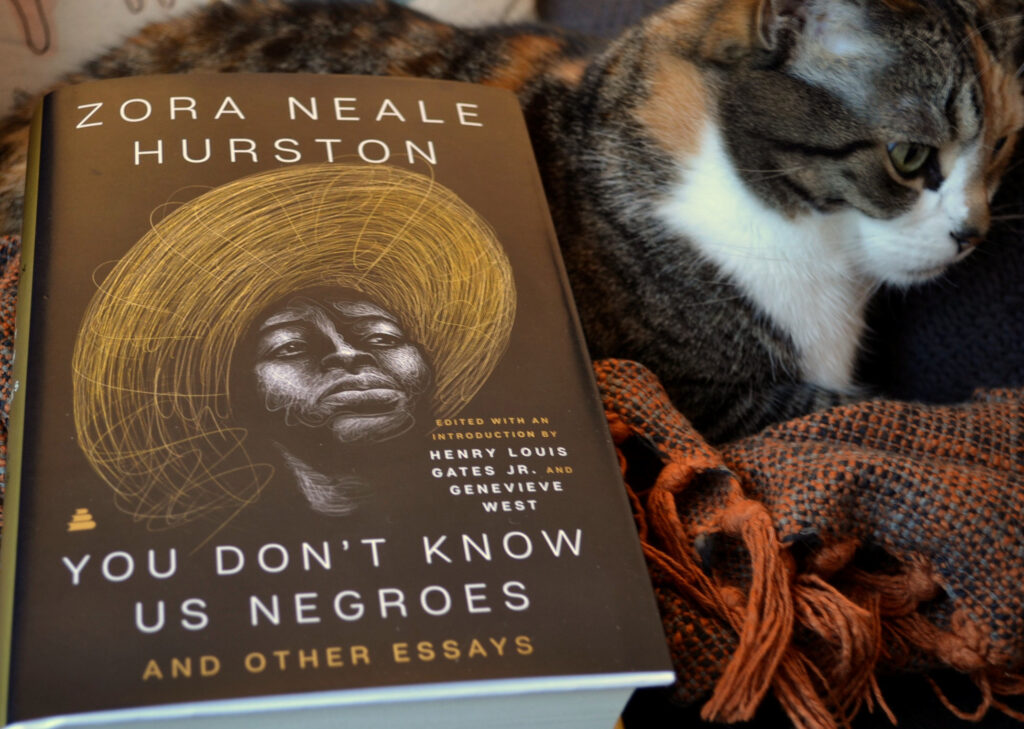
The Highlights
There are a lot of great and very notable essays in here — ‘What White Publishers Won’t Print’, ‘How It Feels to Be Colored Me’, and ‘I Saw Negro Votes Peddled’. Also included is Hurston’s coverage of the trial of Ruby McCollum which I have never seen in its entirety. I read Their Eyes Were Watching God last year and found it impressive, so I was excited to read her non-fiction work. I wasn’t disappointed. Hurston speaks about race issues in a way that powerfully illustrates the realities of living with prejudice and stereotyping. She not only speaks to daily life, but also issues concerning the intelligentsia at the time and the struggles of Black culture to gain ascendency in the face of bigoted assumptions of what Black culture was as defined by white writers, publishers, artists, and gatekeepers. Hurston was in a constant quest to bring authenticity to artistic expression and augment Black voices in order to capture a true picture of Black experience.
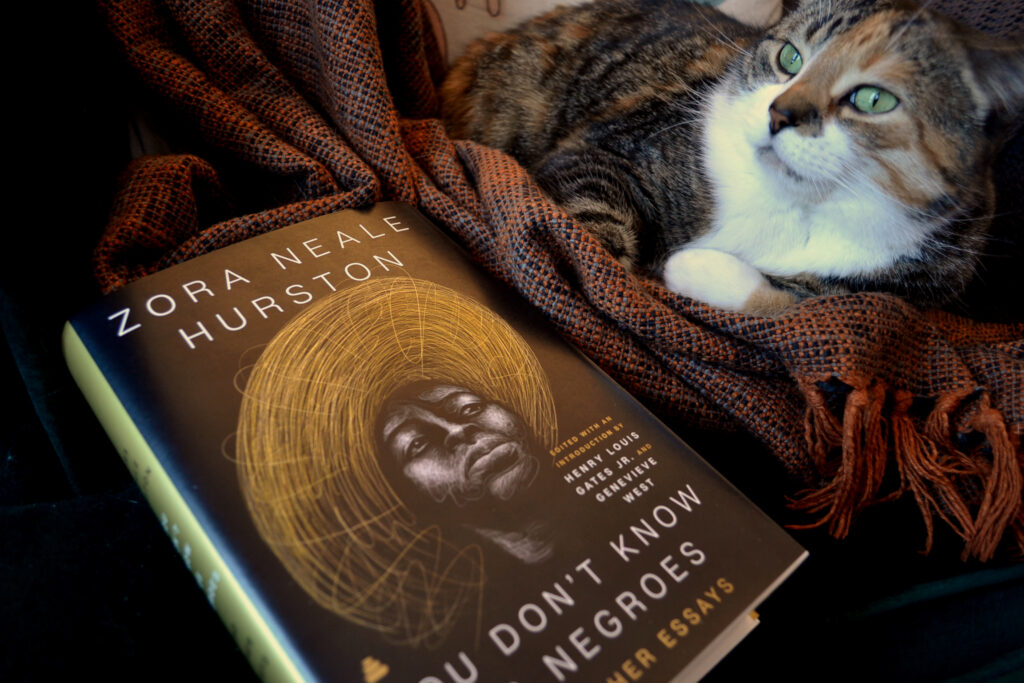
Hurston is definitely a must-read for anyone studying literature and this collection is a great place to start if you want to branch out and read her non-fiction pieces as well.
The Pitfalls
However, when discussing Hurston’s work, it is only appropriate to note that she is not the easiest author to read. There are a few essays that highlight the worst parts of Hurston’s politics. Hurston’s ‘The Lost Keys of Glory’ is an anti-feminist essay arguing that women can never match the achievements of men and shouldn’t try. It also posits that woman needs a man and needs to look after said man and, needless to say, it made me want to hurl the book against the nearest wall. The essay is an especially sharp hypocrisy considering that Hurston wrote for a living and was very invested in her work and her artistic voice. That was the most painful example of sexism in the book, but several pieces are riddled with sexism and that alone made it hard to continue reading her work.
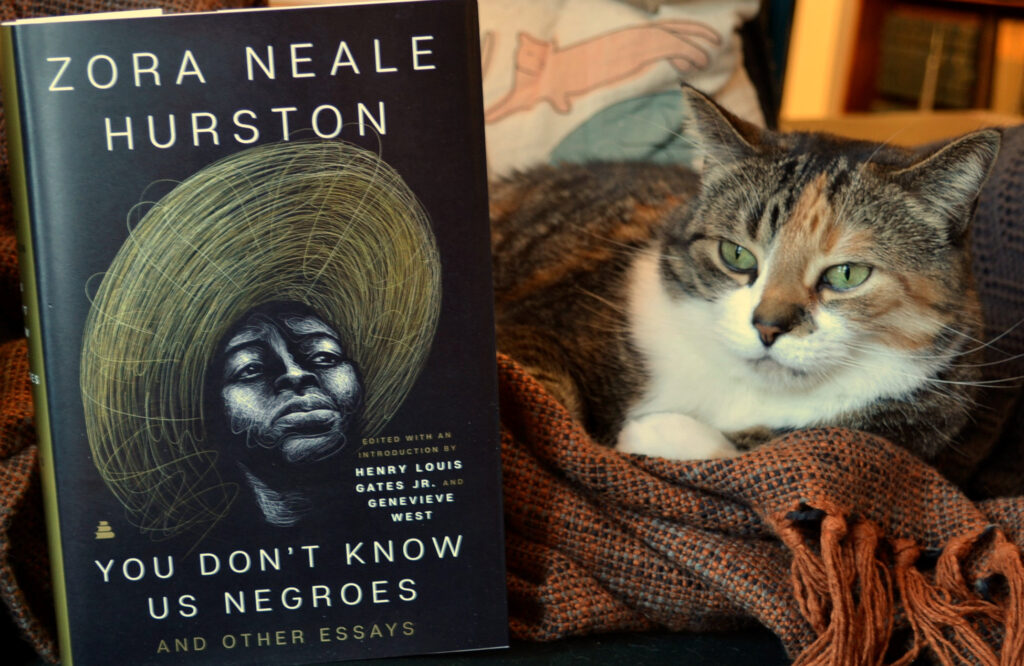
Also, there are several essays in which Hurston makes it clear that she is a segregationist (‘Court Order Can’t Make Races Mix’ and ‘Which Way the NAACP?’) and completely denies the horrific nature of segregation, the violence and racism that both created it and defended it, and attacks organizations and individuals seeking to end it. It’s a painful read.
Hopefully Next Week There Will Be Less Drowning
I’m hoping by taking being very aware of our mental health this week, it will mean we can come back out of our self-imposed media blackout next week. However, these things take time and if we need more of it, it’s okay to need more of it.
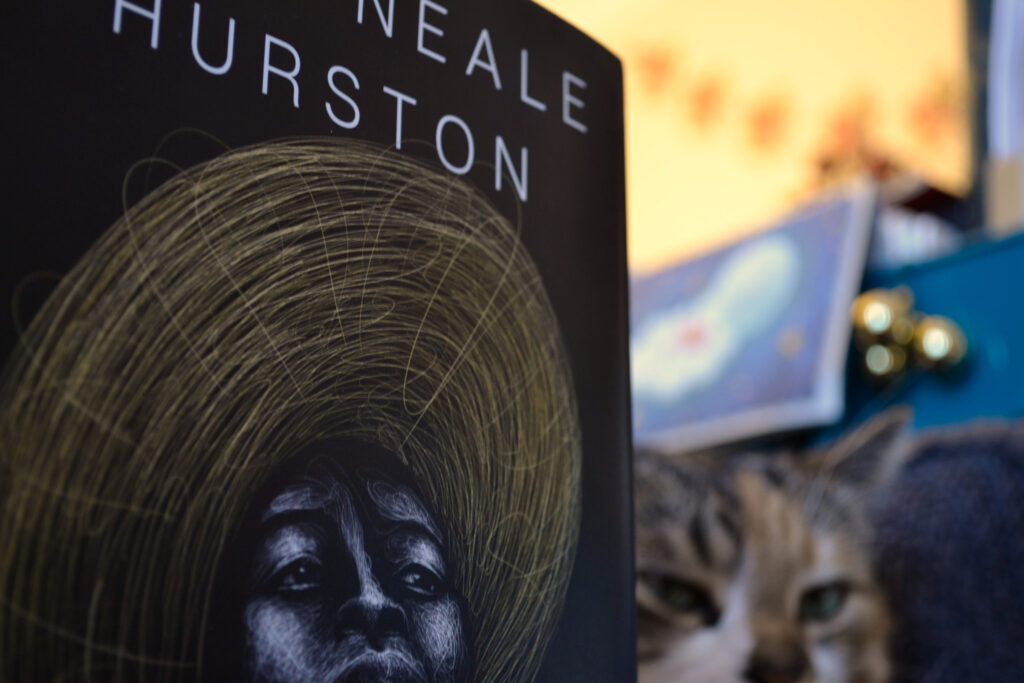
As Black History Month ends, Women’s History Month begins. I’m planning on reviewing works written by women and also keeping my Instagram posts to solely works (both modern and classic) written by women as well.
